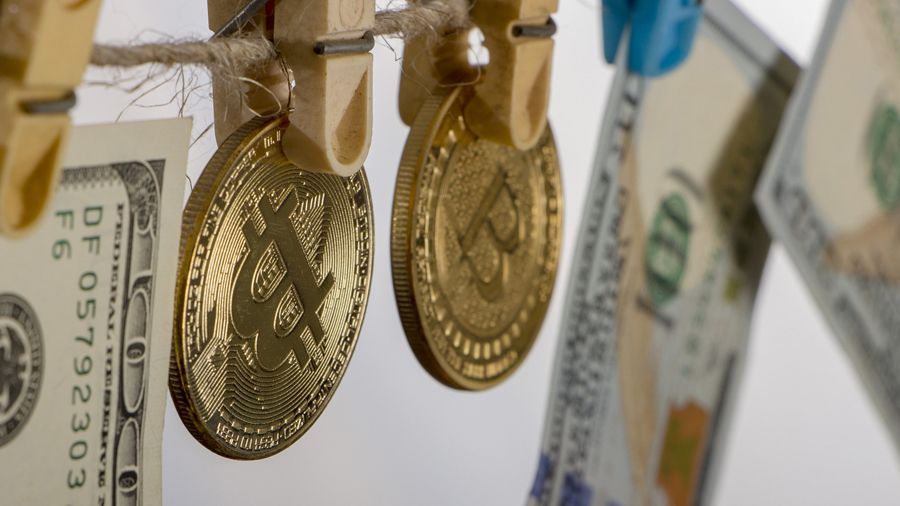The BRD (formerly Bread) wallet developers have unveiled the Blockset toolkit, developed in collaboration with Chainalysis, CipherTrace and Elliptic. The service is aimed at complying with the AML rules.
The Bread wallet was launched in 2014 and became the first Bitcoin wallet available on the Apple app store. A few years later, the project held an ICO, where it raised about $ 32 million, after which it changed its name to BRD and added support for BCH, ETH and ERC-20 tokens. The BRD developers reported that they partnered with analytical companies Chainalysis, CipherTrace and Elliptic to create Blockset, which provided their tools for blockchain monitoring.
BRD also began working with cybersecurity firm Unbound Tech. Unbound Tech will perform tasks related to security key management. BRD CEO Adam Traidman explained that Blockset is a comprehensive platform that brings together the expertise of the above companies. The site is intended for financial institutions, government agencies and cryptocurrency firms.
Blockset will include a suite of tools aimed at detecting fraud, obtaining data, and complying with anti-money laundering (AML) and other regulatory requirements. The Blockset software will combine Chainalysis’s Know Your Transaction tool, the CipherTrace tool for tracking illegal cryptocurrency transactions, and Elliptic’s risk management solution. Using the developments of these companies in the complex, Blockset clients will receive real-time notifications of suspicious activity and transactions using “dirty” cryptocurrencies.
Trademan said that the service was primarily created for financial institutions and banks. Blockset was tested by SBI Holdings, PayPal, auditing firm KPMG, investment arm of Ripple Xpring and 16 other firms. Trademan emphasized that the Blockset functionality will not be integrated into the BRD wallet, but the service can be used to speed up the synchronization of wallets with transaction history.
“Compliance with regulatory requirements is a top priority for any financial institution. They need resources that can protect the interests of their clients, ”said the BRD CEO.
Trademan cited the example of a suspicious activity report from the Financial Crimes Enforcement Network of the United States (FinCEN), according to which BNY Mellon processed $ 137 million in transactions for organizations associated with the OneCoin cryptocurrency pyramid. Deutsche Bank reported a total of $ 1.3 trillion in suspicious transactions, JPMorgan $ 500 billion, and Bank of America $ 384 billion. In addition, last year, FinCEN provided new guidelines for applying AML rules to digital assets.







